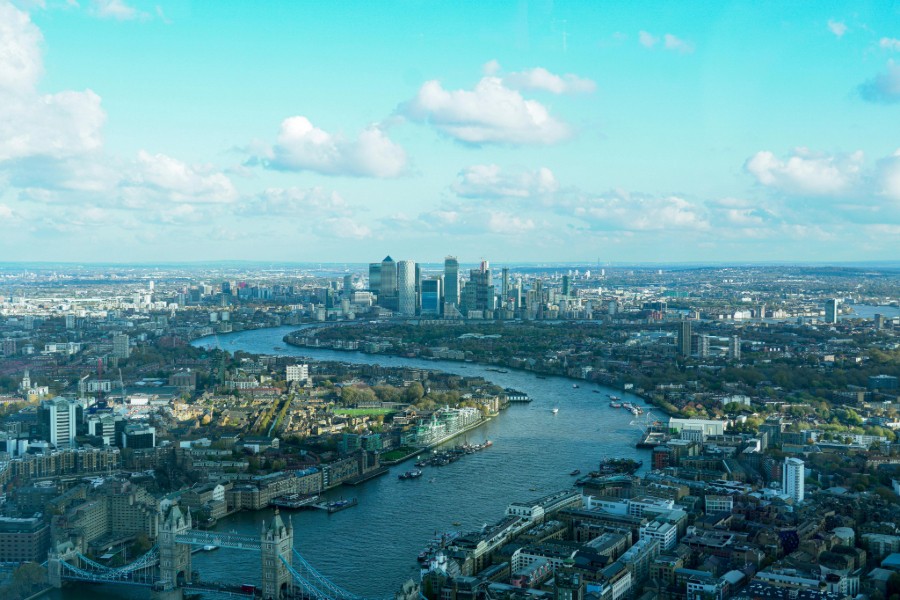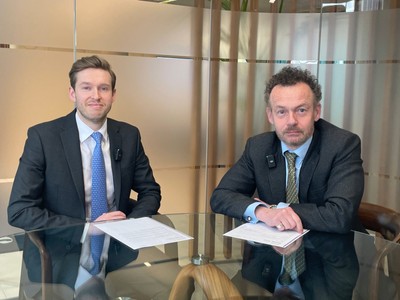The second quarter has seen continuing market volatility at elevated levels such that in April the S&P 500 endured both its worst single day since the Pandemic as well as its best since the Global Financial Crisis. Such volatility is usually associated with acts of terror or war yet, on this occasion, it can be attributed to a single individual, the US President, who has wreaked havoc on both the global economy and its institutions with his Liberation Day tariffs.
With media attention on Russia's invasion of Ukraine being unfortunately sidelined by Israel's ongoing response to the October 7 atrocities in which some 1200 people were killed by Hamas and 250 hostages taken, Israel opened a further front with Iran. Whilst Donald Trump condoned the initial attacks, he surprised most commentators by swiftly deploying US warplanes to heavily bomb Iran’s nuclear facilities and, in turn, seek to force a ceasefire.
The quarter has certainly been especially tough for Sterling investors with US assets given the continuing fall in the value of the Dollar – its sharpest since 1973. This is in response to concerns about the Federal debt associated with Donald Trump's proposed tax cuts and his chaotic implementation of steep ‘reciprocal’ tariffs, only for the worst of them to be postponed for 90 days. This ends on 9th July with a seeming lack of substantive negotiations. However, some commentators have suggested that he may delay those heightened tariffs further leaving the existing 10% levy on imports in place. In addition, the insults he has hurled at the Chairman of the Federal Reserve have added to the downward pressure with the result that the usually supportive Dollar has fallen by a staggering 6.3% over the quarter and 8.6% over the year, directly impacting the value of US denominated securities.
Having announced the planned removal of pensions exemption from IHT from 2027, which in many cases would entail double taxation on the proceeds, one hears much about the UK Chancellor’s desire to encourage pension funds to invest in the UK – which seems somewhat rich. It was Gordon Brown’s 1997 raid on pension funds – when he removed the tax credit on dividends – which has proved to be such an egregious act of self-harm, even allowing for his sale of most of the UK’s gold reserves at just $250 against the current price of around $3,300. At that time, pension funds and institutional investors held almost half of their assets in UK equities. Today it is around 4%, having been provided with the catalyst to look elsewhere given the reduced returns.
We are cognisant of the new era in which the world finds itself with protectionism and nationalism on the rise. Whilst the conflicts in the Middle East are concerning in terms of the human cost, financial markets focus on any threats to the supply of oil from the region.
The change is profound, though quality businesses have a history of weathering political and economic adversity and can be remarkably adaptable to change. Whilst there is always a preference for free trade, if Trump was to extend the deadline for the implementation of the steepest of these ‘reciprocal’ tariffs, it would give countries and companies time to adjust to the new world of higher tariffs and an immediate decline in the associated uncertainty which would be positive for markets.
The value of securities and the income from them can fall as well as rise. Past performance should not be seen as an indicator of future returns. All views expressed are those of the author and should not be considered a recommendation or solicitation to buy or sell any products or securities.




